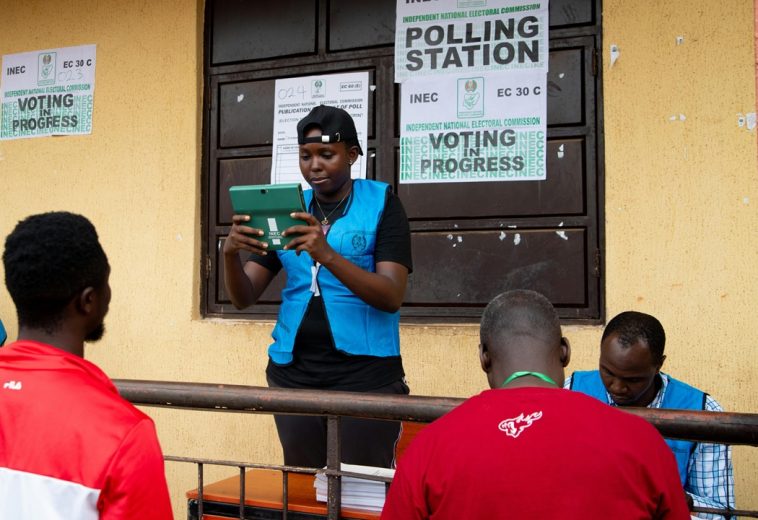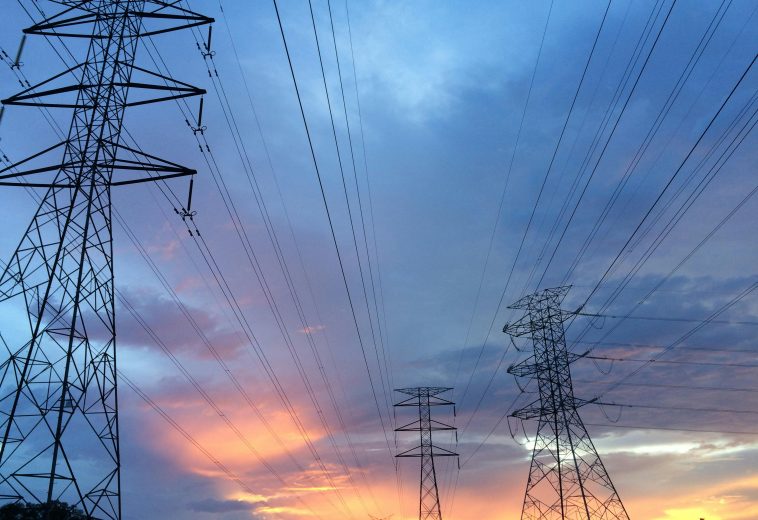Languages are more than just communication tools; they carry cultural heritage, identity, and the history of a people. Across the world, indigenous languages are facing extinction at an alarming rate. Africa, a continent with over 2,000 languages, is not exempt from this crisis. The question that arises is whether African nations should prioritise indigenous languages in governance, education, and everyday life.
According to UNESCO, over 40% of the world’s 7,000 languages are endangered, with one language disappearing every two weeks. The World Economic Forum reports that nearly half of all languages spoken today are at risk of extinction.
READ ALSO: The Role of African Languages in Promoting Intra-Continental Communication
Approximately 40% of the world’s population lacks access to education in a language they speak or understand. Of the more than 7,000 languages spoken globally, only ten account for over 80% of linguistic presence on the internet, with English and Chinese dominating, used by more than half of the world’s internet users. Among the 489 elements listed on the Representative List of the Intangible Cultural Heritage of Humanity, 256 include oral traditions and expressions as part of their classification. Of the twelve countries recognised as ‘megadiverse’, nine possess the highest linguistic diversity in the world.
The State of African Indigenous Languages
Africa has approximately 428 endangered languages, with a concentration in the central and equatorial regions. While some, such as Swahili, Yoruba, and Amharic, have remained relatively strong, many others face extinction due to colonial legacies, the dominance of European languages, and socio-economic pressures. Nigeria alone has over 500 languages, yet English remains the lingua franca. In South Africa, indigenous languages like Xhosa and Zulu struggle to gain institutional parity with English and Afrikaans.
Decline and Revitalisation Efforts
Nigeria: The Struggle of the Igbo Language
The Igbo language, spoken by over 30 million people, is classified as endangered by UNESCO. Despite Nigeria’s multilingual population, English dominates education and official communication. Efforts such as the inclusion of Igbo in school curricula have not been widely effective due to parents’ preference for English as a medium of instruction.
Kenya: Swahili’s Institutional Success
Unlike many indigenous languages, Swahili has thrived due to government policies promoting its use in education and governance. As one of the African Union’s official languages, Swahili stands as a model for language preservation. However, smaller Kenyan languages like Ogiek and El Molo are on the brink of extinction.
South Africa: Multilingualism in Policy but Not in Practice
Despite having eleven official languages, South Africa continues to favour English and Afrikaans in higher education and business. Indigenous languages like Venda and Ndebele have struggled to gain relevance in digital spaces, reducing their usage among younger generations.
Preserving indigenous languages is crucial for cultural identity, education, and economic inclusivity. Studies show that children who receive early education in their native language perform better academically. Additionally, language plays a role in social cohesion; countries that prioritise indigenous languages often experience stronger national unity.
Challenges to Language Revitalisation
Globalisation and digitalisation have significantly contributed to the decline of African indigenous languages, as English, French, and Portuguese dominate the internet, limiting online resources in native African tongues. Government policies further exacerbate this issue, as many African governments prioritise European languages for administrative ease and global integration. Additionally, parental preferences play a crucial role, with many African parents opting to educate their children in English or French to enhance their career prospects. Economic factors also contribute to this linguistic shift, as businesses and media houses prioritise dominant languages to reach wider audiences, marginalising indigenous languages in the process.
Recommendations for Language Revitalisation
To preserve African indigenous languages, comprehensive educational reforms are necessary, with governments implementing policies that make these languages a compulsory part of school curricula. Additionally, technology and media inclusion should play a pivotal role, with social media platforms, AI-driven translation services, and digital content creation incorporating African languages to increase their accessibility and usage. Governmental commitment is also crucial, as African Union member states must establish policies similar to Kenya’s approach to Swahili, ensuring sustained funding and institutional support. Furthermore, grassroots organisations must take the lead in documenting and teaching endangered languages, fostering community-driven efforts to safeguard Africa’s linguistic heritage.
The decline of African languages is not just a linguistic issue; it is a cultural and political challenge that requires urgent action. While globalisation and modernisation have placed English, French, and Portuguese at the forefront, the survival of African identity depends on the preservation of its indigenous languages. Governments, institutions, and individuals must collaborate to ensure these languages do not disappear but instead flourish for generations to come.




